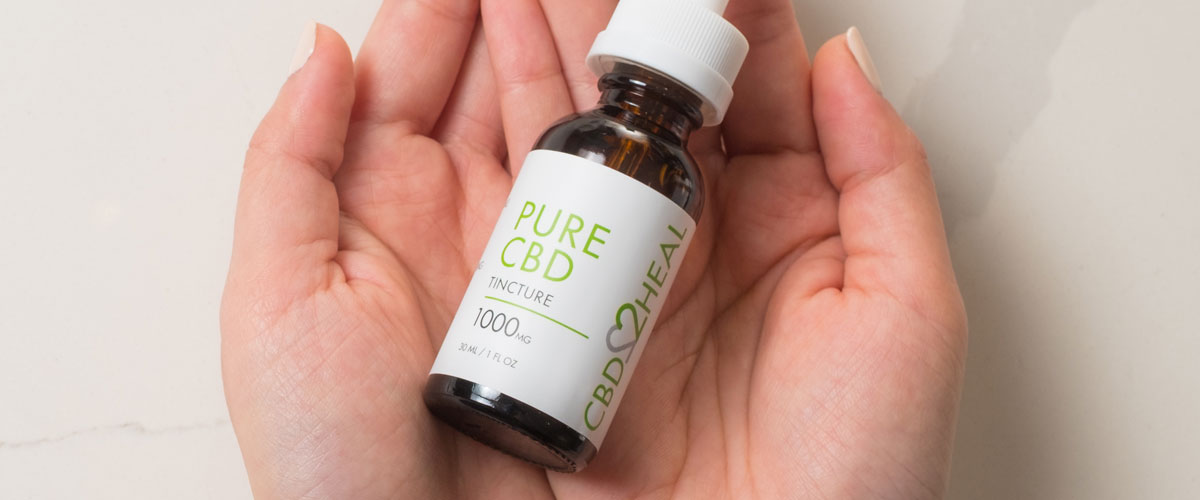- You have no items in your shopping cart
- Continue Shopping

Cannabidiol (CBD) has surged in popularity, becoming a staple in wellness routines around the globe. Touted for its potential health benefits, CBD has been incorporated into various products, from oils and tinctures to edibles and topicals. Amidst this growing interest, a new area of exploration is emerging: the relationship between CBD and hormonal balance. Understanding this connection could unlock new avenues for managing health and well-being.
Understanding Hormones and Hormonal Balance
Hormones: are chemical messengers produced by glands in the endocrine system. They travel through the bloodstream to tissues and organs, regulating various bodily functions such as metabolism, growth, mood, and reproductive health. Key hormones include cortisol (the stress hormone), melatonin (the sleep hormone), insulin (the blood sugar regulator), and sex hormones like estrogen and testosterone.
When the delicate balance of these hormones is disrupted, it can lead to a myriad of health issues. Symptoms of hormonal imbalance might include fatigue, weight gain, mood swings, and sleep disturbances, among others. Understanding how to maintain hormonal balance is crucial for overall health and well-being.
What is CBD?
CBD, short for cannabidiol, is a natural compound found in the cannabis plant. Unlike its cousin THC (tetrahydrocannabinol), CBD is non-psychoactive, meaning it doesn’t produce the “high” associated with cannabis use. This makes CBD an attractive option for those seeking relief from various symptoms without the mind-altering effects of THC.
The legal status of CBD: varies by region, but it is generally considered safe and is widely available. It’s essential to purchase CBD products from reputable sources to ensure quality and purity.
The Endocannabinoid System and Hormonal Regulation
The endocannabinoid system (ECS): is a complex cell-signaling system that plays a vital role in maintaining homeostasis in the body. It is involved in regulating various functions, including sleep, mood, appetite, and immune response. The ECS consists of cannabinoid receptors (CB1 and CB2), endocannabinoids produced by the body, and enzymes that break down these endocannabinoids.
CBD interacts with the ECS by influencing the activity of cannabinoid receptors, though it does not bind directly to them. This interaction can help modulate various physiological processes, including hormone regulation.
CBD’s Impact on Specific Hormones
Cortisol: Often referred to as the “stress hormone,” cortisol helps the body respond to stress. High levels of cortisol over prolonged periods can lead to chronic stress, anxiety, and other health issues. CBD has shown promise in reducing anxiety and stress by potentially lowering cortisol levels, thus promoting a sense of calm and relaxation.
Melatonin: This hormone regulates sleep-wake cycles. Disruptions in melatonin production can lead to sleep disorders. Some studies suggest that CBD can improve sleep quality by influencing the production of melatonin, helping individuals achieve a more restful night’s sleep.
Insulin: Insulin is crucial for regulating blood sugar levels. Imbalances in insulin can lead to conditions like diabetes. Emerging research indicates that CBD might improve insulin sensitivity and reduce insulin resistance, although more studies are needed to confirm these effects.
Sex Hormones (Estrogen and Testosterone): These hormones are essential for reproductive health and overall well-being. Imbalances can lead to issues such as PMS, menopause symptoms, and low libido. Preliminary studies suggest that CBD may influence the levels of these hormones, potentially alleviating symptoms associated with hormonal imbalances.
Scientific Studies and Evidence
The growing body of research on CBD and hormonal balance is promising but still in its early stages. Several studies highlight the potential of CBD in modulating hormone levels and improving related health outcomes:
- A 2019 study published in the journal “Endocrinology” found that CBD could potentially reduce cortisol levels, helping to manage stress and anxiety.
- Research published in the “Journal of Clinical Psychology” in 2020 suggested that CBD might enhance sleep quality by interacting with the body’s circadian rhythms.
- A 2021 study in “Diabetes Care” explored CBD’s impact on insulin sensitivity, showing potential benefits for metabolic health.
While these findings are encouraging, more comprehensive clinical trials are needed to fully understand CBD’s effects on hormonal balance and to establish standardized dosing guidelines.
How to Use CBD for Hormonal Balance
For those considering CBD to support hormonal balance, various forms and dosages are available. Here are some common forms of CBD and their uses:
- Oils and Tinctures: These are taken sublingually (under the tongue) and offer quick absorption into the bloodstream.
- Capsules and Edibles: These provide a convenient way to consume CBD, with effects that last longer but take more time to kick in.
- Topicals: CBD Creams infused with CBD can be applied directly to the skin, useful for localized relief.
When it comes to dosage, it’s important to start low and go slow. Factors to consider include body weight, individual health conditions, and the specific health goal. Consulting with a healthcare provider can help determine the right dosage and form of CBD for individual needs.
Potential Risks and Side Effects
While CBD is generally well-tolerated, it can cause side effects in some people. Common side effects include dry mouth, drowsiness, and changes in appetite. More serious side effects are rare but can occur, particularly with high doses or in combination with other medications.
CBD can interact with certain medications, including blood thinners and some antidepressants, by affecting how the body metabolizes these drugs. It’s crucial to consult with a healthcare provider before starting CBD, especially for those on medication or with underlying health conditions.
Personal Experiences and Testimonials
Many individuals have turned to CBD to help manage hormonal imbalances, sharing positive experiences and improvements in their quality of life. For instance, some women report relief from PMS symptoms and menopause-related discomfort, while others find that CBD helps reduce stress and improve sleep.
Healthcare professionals also offer insights into the practical use of CBD. Dr. Jane Simmons, a naturopathic doctor, notes, “While more research is needed, I’ve seen patients benefit from CBD in managing stress and improving sleep, which are crucial for maintaining hormonal balance.”
Conclusion
The potential of CBD to support hormonal balance is an exciting area of exploration. While current research is promising, it’s essential to approach CBD with an informed and cautious mindset. Always consult with healthcare professionals before incorporating CBD into your wellness routine, and choose high-quality products from reputable sources.
Maintaining hormonal balance is key to overall health and well-being. As more research unfolds, CBD may become a valuable tool in managing hormonal health, offering hope and relief to many. Stay informed, listen to your body, and seek professional advice to make the best choices for your health journey.
Ready to take control of your hormones using the power of CBD? Shop online today for Canada’s best organic CBD oil!






